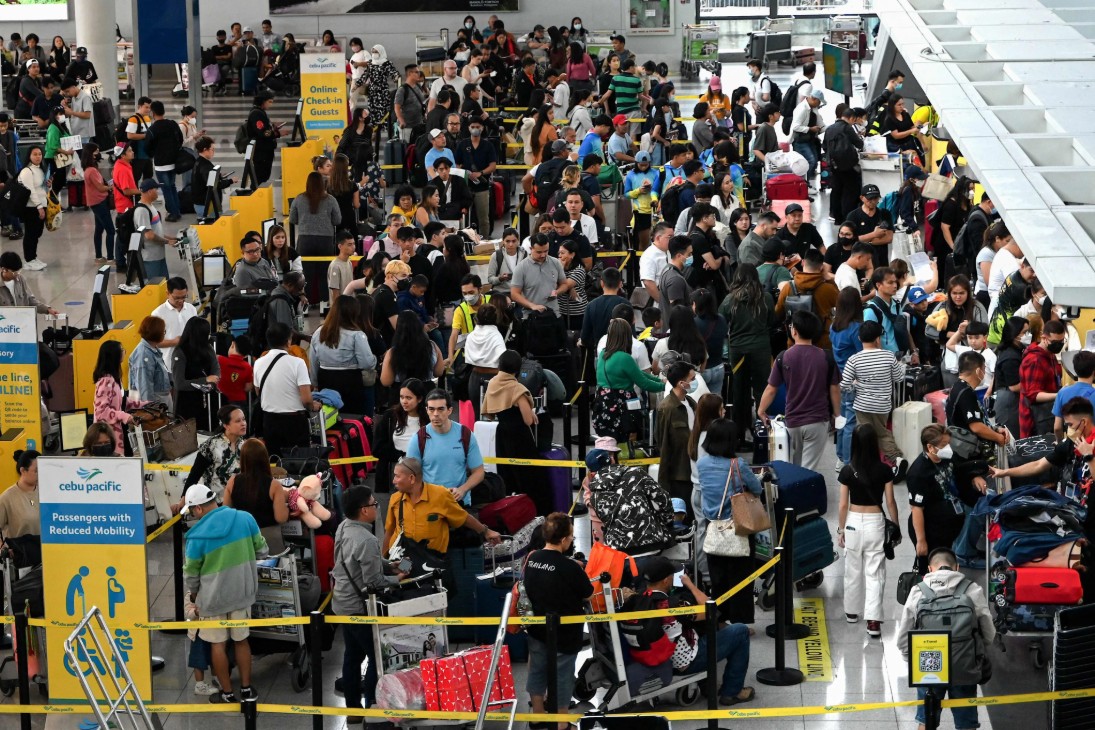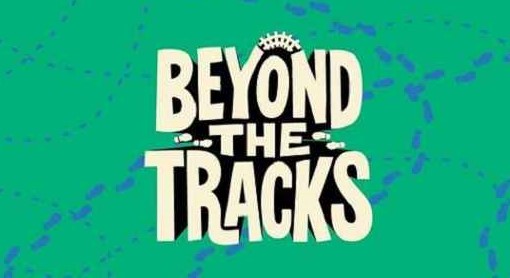Over seven million adult Brits (14 per cent) have used someone else’s Wi-Fi because they cannot afford their own, according to new research from Santander UK, which also reveals that millions are putting their online security at risk while trying to save money.
The study found that five per cent of people have ‘borrowed’ Wi-Fi from their neighbours (regardless of permission) because they couldn’t afford their own, rising to 14 per cent for those aged 18 to 34 years. Five per cent (11 per cent for 18 to 34 year olds) have spent time in a café or shop with free Wi-Fi without ordering or buying anything. And three per cent of people have jumped on an unknown, unsecured Wi-Fi when out and about.
While data security is a concern for over half (52 per cent) of individuals when using someone else’s Wi-Fi such as in an airport or a shop (rising to 60 per cent for those living in London), the need to ‘get online’ and take advantage of a free connection appears to take priority over concerns about unsecure networks. Despite acknowledging the risks, 17 per cent of those with security concerns are willing to use Wi-Fi hotspots if they ‘need’ to check their social media profiles or download shop or restaurant discount codes. And 19 per cent put aside their worries to use an unsecured network for work.
Meanwhile, Santander’s research showed that over a quarter (26 per cent) of British adults, and 49 per cent of those in the 18-34 year old age group have carried out financial transactions on their phone using an unsecured Wi-Fi network. This includes checking balances, making transfers and inputting bank or credit card details to make purchases.
Over the past ten years, the cost of phone and broadband bills has increased by 24 per cent, putting financial pressure on consumers. Bills are made worse for the three in ten Brits (30 per cent) who say they go over their data allowance, with six per cent doing so every month. Those topping up data spend an average of £16 per month – a collective £212 million.
Matt Hall, Head of Banking and Unsecured Credit at Santander, said: “Mobile phones are such an important part of life these days, but many people appear to struggle with the associated costs. While ‘piggybacking’ someone else’s Wi-Fi might seem like a good way to save a few pounds, consumers are risking their online security by doing so.
“Whether it’s a private or a public connection, we urge internet users not to make financial transactions using unsecured networks. Consumers should look to manage their data costs by carefully reviewing their contracts and payment plans, double checking the small print for things like extra charges for non-direct debit payments and being careful not to go over their data limits.
“And a final word of caution - consumers should be aware that borrowing Wi-Fi without permission is potentially a criminal offence.”
















